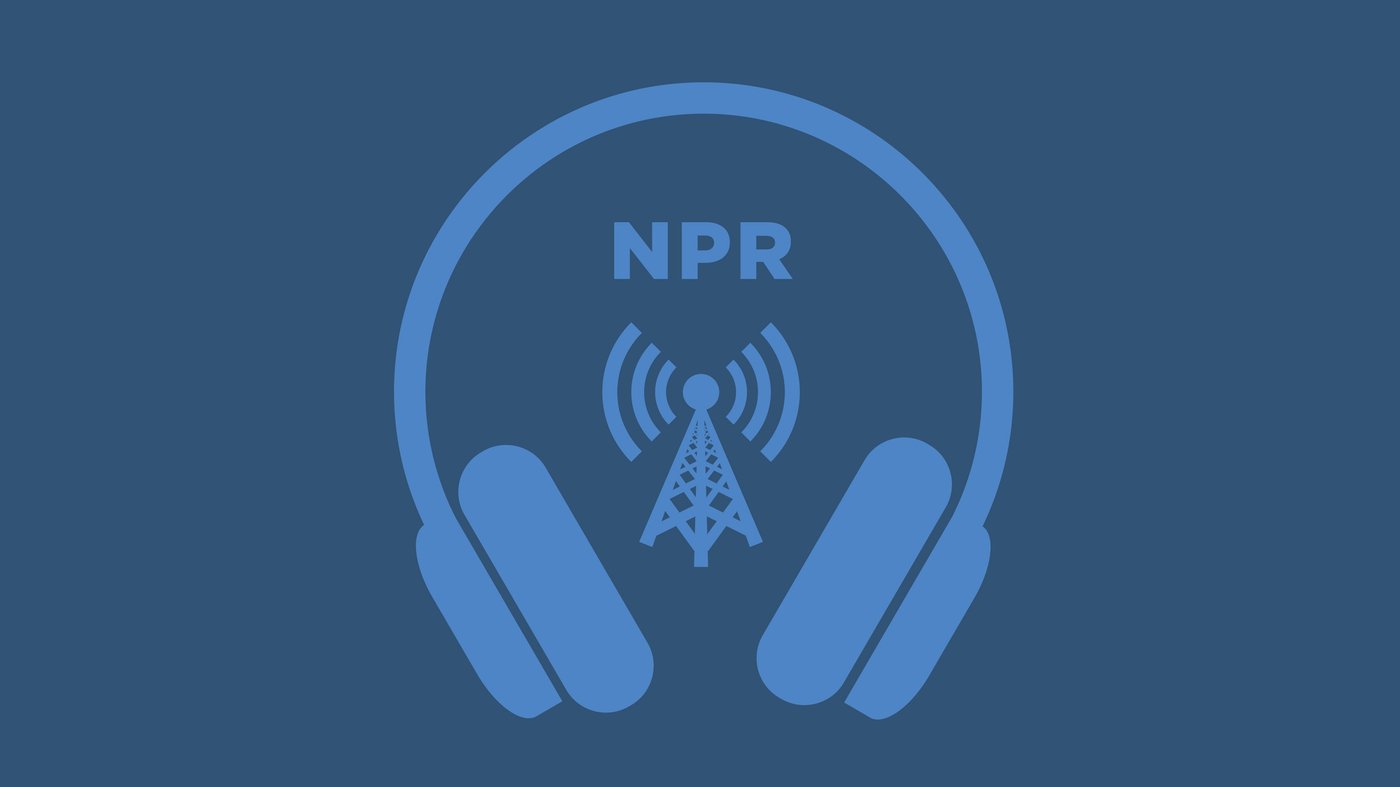Mental health workers at Kaiser Permanente in Los Angeles have entered their sixth month of striking to advocate for better working conditions and increased staffing levels. In a bid to draw attention to their demands, a number of these workers have initiated a hunger strike.
The strike began in October 2023, with employees expressing concerns over high caseloads, inadequate support, and burnout. Workers report that they often have to manage more patients than is considered safe or effective, undermining the quality of care they can provide.
Recent surveys indicate that over 70% of mental health professionals at Kaiser Permanente believe the current staffing levels negatively impact patient care. In response to these challenges, workers have organized protests and rallies to amplify their message, but the strike has not yet produced the desired results.
As their patience wears thin, some employees have chosen to escalate their protest through a hunger strike, aiming to increase visibility for their cause. Workers involved in the hunger strike hope to draw public and media attention to the urgent need for reforms in their workplace.
Kaiser Permanente has responded by stating it is committed to improving conditions for mental health workers and is currently evaluating staffing needs, but employees argue that concrete actions have yet to be seen. The hunger strike underscores the escalating tensions between healthcare workers and management regarding mental health services in the region.
The situation raises broader questions about labor rights in the healthcare sector, particularly regarding mental health professionals who often face significant pressure in their roles. As the strike continues, the workers remain determined to secure changes that would improve their working conditions and ultimately benefit their patients.



